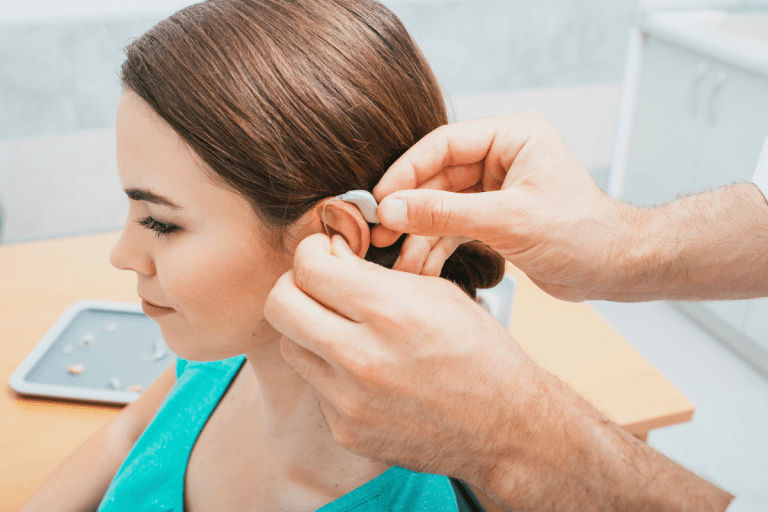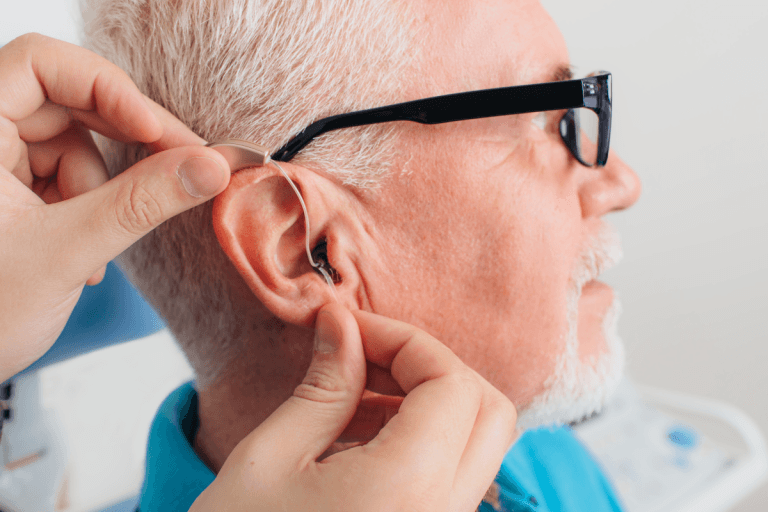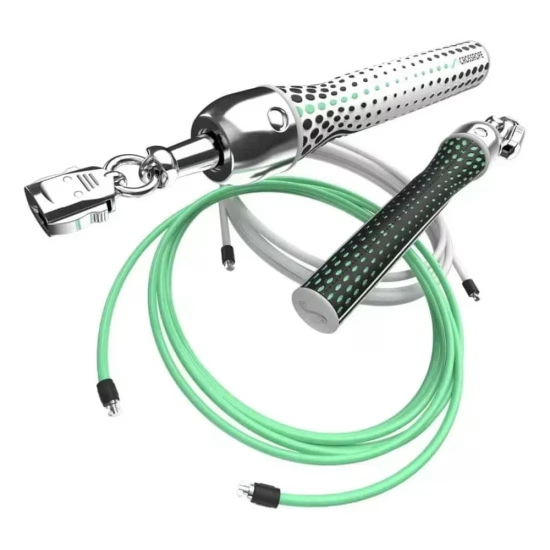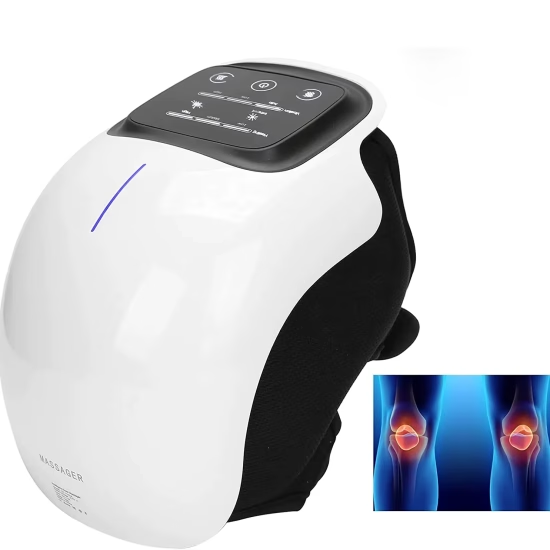The Ultimate Guide to OTC Hearing Aids: 7 Essential Things You Should Know
If you’re dealing with hearing loss, choosing the right hearing aid can significantly improve your quality of life. Whether it’s improving conversations or making it easier to hear in noisy environments, hearing aids can offer numerous benefits. Here are seven key things to understand when selecting the right hearing aid for your needs.
7 Key Things You Should Know About Hearing Aids
- How Hearing Aids Function
Hearing aids are small, electronic devices that work by amplifying sound, improving your hearing in various situations. They feature a microphone that picks up sounds, an amplifier that enhances those sounds, and a speaker that delivers them into your ear. With modern advancements, hearing aids now include features like noise reduction and digital sound processing for better clarity. - Various Styles of Hearing Aids
There are several different styles of hearing aids, each designed for different preferences and requirements. Common styles include:- Behind-the-Ear (BTE): These sit behind the ear and are connected to an earpiece inside the ear canal.
- In-the-Ear (ITE): These fit in the outer ear bowl.
- Completely-in-Canal (CIC): These are tiny and fit entirely inside the ear canal, making them nearly invisible.
- Receiver-in-Canal (RIC): These have a receiver that sits inside the ear canal, while the main body rests behind the ear.
- OTC Hearing Aids Don’t Require a Prescription
Over-the-counter (OTC) hearing aids are readily available without the need for a prescription, hearing test, or professional consultation. You can buy these online or at retail stores, provided you are over 18 and have mild to moderate hearing loss. Common signs of this type of hearing loss include difficulty hearing in noisy settings, asking people to repeat themselves, and struggling to follow group conversations. - A Hearing Test Is Required for Severe Hearing Loss
If you believe your hearing loss might be severe, it’s important to consult a hearing healthcare professional for a hearing test. Severe hearing loss is characterized by challenges like needing the TV volume turned up very high, having difficulty understanding speech without visual cues, or struggling to hear even in quiet places. In such cases, a healthcare provider can recommend the appropriate hearing solutions, such as prescription hearing aids. - Hearing Aids Can Be Affordable
Many people are unaware that hearing aids can be affordable. While prescription hearing aids can be expensive, OTC options provide a more budget-friendly alternative. Many high-quality OTC hearing aids cost under $1,000, with some priced even lower. Additionally, many of these devices come with trial periods, warranties, and customer support, adding extra value. - Modern Technology Improves Hearing Aids
Today’s hearing aids often come equipped with advanced technology that enhances the listening experience. Noise reduction features help focus on speech while blocking out background noise, making it easier to communicate in loud environments. Some models include Bluetooth connectivity, allowing you to connect to smartphones, TVs, and other devices for a seamless listening experience. Advanced OTC hearing aids even include self-fitting options with automatic adjustments based on a self-administered hearing test via mobile apps. - Getting Used to Hearing Aids Takes Time
Adjusting to new hearing aids can take a little time. Initially, sounds may seem louder or different than you remember, and it might take a few weeks to fully adapt. Many OTC hearing aids offer features like volume control and program selection to help customize the experience to your specific needs. Patience and regular use are essential to ensuring a successful transition and better hearing.
Choosing the right hearing aid is crucial for improving communication and enhancing your quality of life. By understanding how hearing aids function, exploring the available styles, and considering the latest technological advancements, you can make an informed choice that suits your hearing needs.











